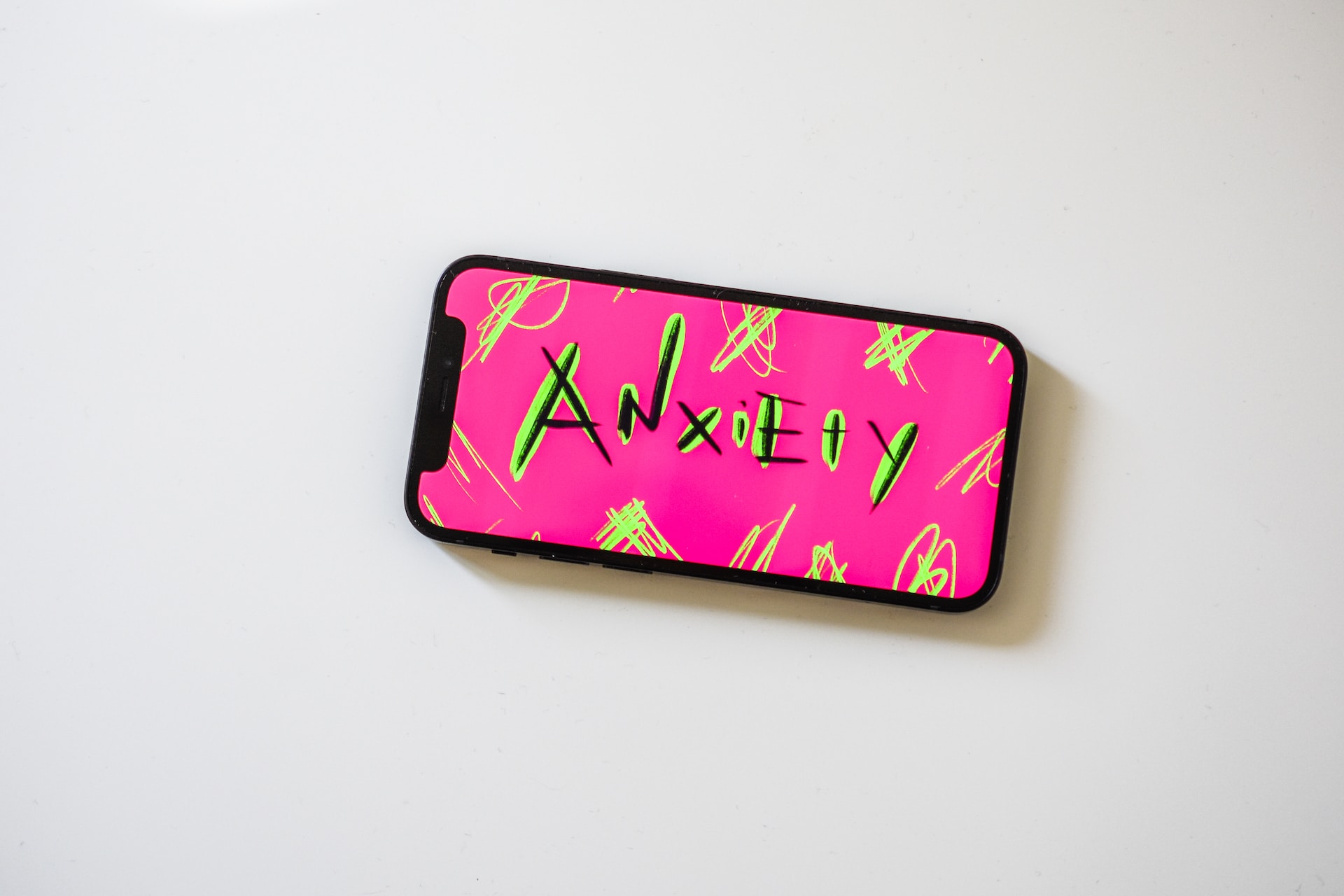Want to understand what anxiety is, what the common symptoms are for anxiety disorder and some tips to manage it?

Mental health challenges can show up in lots of different ways among young people. For example, certain situations can make someone feel anxious, while others might feel stress. You are unique and so are your experiences, and it’s important to understand and respect that.
However, there are certain patterns that can be similar from person to person. Knowing these can help you to understand what you might be going through which may lead to better, more focused help.
We dive into some of the more common mental health issues, starting with anxiety.
Anxiety is defined as:
An emotion that you feel when you’re worried about something. Your body tenses up, and your mind becomes fixated on the thing you’re worried about. It can be hard to concentrate on anything else. Anxiety can also affect your appetite and make it hard to sleep.
Mental Health America
It is an increased sense of worry or fear that pops up in certain situations. For example, imagine that you must stand in front of your class and present your finished project or carry out a speech. Your heart might start to race, your palms can get all sweaty, and your mind might be telling you negative thoughts like “you’re going to say something wrong” or “you can’t do this.” Anxiety is similar, but sometimes those feelings pop up when there is no apparent reason for it.
Having anxious feelings is completely normal. Especially when something nerve-wracking, upsetting, or bad is happening. But if those feelings of worry and fear happen a lot, or happen when there is no obvious reason, this is different.
Constant anxiety or anxiety for no reason can stop you from living the life the want to and can be really overwhelming. This may mean you have an anxiety disorder and anxiety disorders are a type of mental health condition. Some examples include Generalized Anxiety Disorder, Phobias and Obsessive-Compulsive Disorder.

Everyone’s experiences of anxiety are different, but some of the common symptoms of anxiety disorders are:
Many people with an anxiety disorder also experience depression, as some symptoms overlap.
If you feel like your anxiety is taking over your day-to-day life, here are some things you can do to feel better:
You can also check out some mental health self-care tips from young people like you:
If you’re worried about if you have an anxiety disorder or not, take Mental Health America’s free online anxiety test to help you find out if you’re at risk.
And for more information about anxiety disorders check out Kendall College of Art and Design’s video.
Or check out Mental Health America’s ‘I can’t stop thinking about bad things that could happen’ which also includes links to other related articles on living with anxiety, like ‘I can’t sleep,’ ‘I can’t get over things that happened in the past’ and more.
Disclaimer: This website offers general information and is not a substitute for professional advice. We are not clinicians or trained professionals; this information should not replace seeking help from a qualified healthcare provider. Please consult a healthcare provider for personalized guidance.